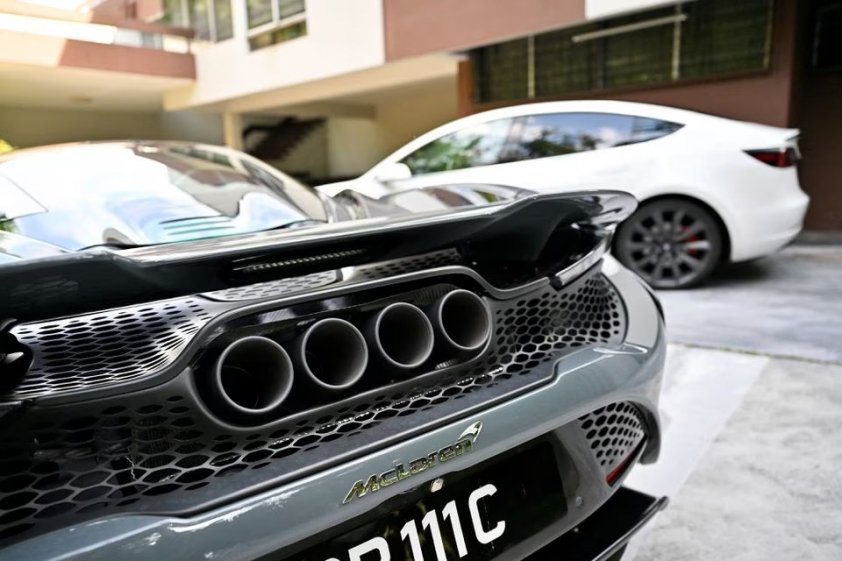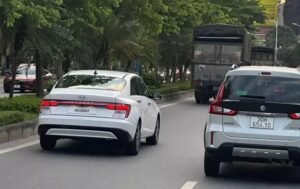
Singaporeans are indifferent to electric cars because they are too rich 8
The Singapore government is having difficulty with its plan to promote the development of electric cars due to a decline in demand in the domestic market.
Main content Hide / ShowSingaporeans love supercarsWhat are the opportunities for electric vehicles?
Specifically, the Southeast Asian island nation is aiming to stop selling cars with internal combustion engines from 2030. However, this project is facing problems for a reason that few people expect.
The number of wealthy people is quite large while the total population of this country is only about 6 million people.
Singapore’s target to phase out internal combustion engine car sales by 2030 puts it in a small group of countries with such short-term targets, including Iceland, Sweden and the Netherlands, but sales
Indeed, the Singapore Government has been promoting electric vehicle development over the past two years, offering incentives of up to S$45,000 and expanding the charging network, but the number of individual buyers will need to increase greatly to reach
According to statistics from the Land Transport Authority of Singapore, electric vehicles accounted for nearly 12% of total car sales in the country last year, up from nearly 4% in 2021.
However, according to a Reuters analysis, electric vehicles account for only 1% of cars on the road.
Many Singaporeans tend to choose supercars that run on internal combustion engines instead of electric cars.
In Singapore, a small island with an extensive public transport system, only about 12 cars are owned per 100 people.
Over the past decade, the number of Ferrari cars in Singapore has increased by 67% and Lamborghinis by 38%.
“Singaporeans’ preference for luxury and high-performance cars comes from growing wealth among a group of residents,” said transport economist Walter Theseira.
HSBC estimates that 13% of Singaporeans could become millionaires by 2030, the highest rate in the world.
Markus Schuster, managing director of Audi Singapore, believes electric vehicles will make up the majority of new car sales as early as 2025 or 2026 when higher-end models such as the Q8 e-tron and Q4 e-tron
“This city is perfect to promote and develop the electric vehicle market,” Schuster said, adding that Singaporean drivers only travel an average of 30 km a day and do not have the “range anxiety” mentality like other drivers.
The government also plans to build 60,000 charging points by 2030, up from 1,600 currently.

Eu Gene Goh decided to switch to electric cars because fuel costs are more affordable than traditional cars.
Besides, there are also rich people who like to convert to electric cars for `experience`.
Eu Gene Goh, a Singaporean and currently the owner of a McLaren, chose to buy a Tesla Model 3. The reason for this choice is because the charging cost is cheaper, along with the quietness when driving.
“For a daily driver, I would not go back to a gasoline car but would choose an electric car,” Goh said.






